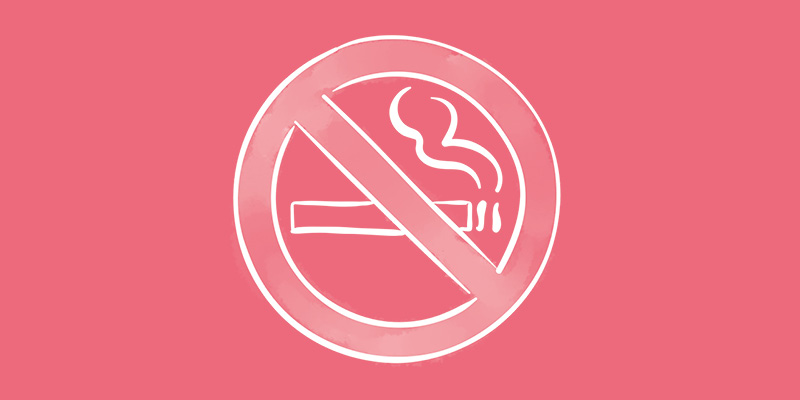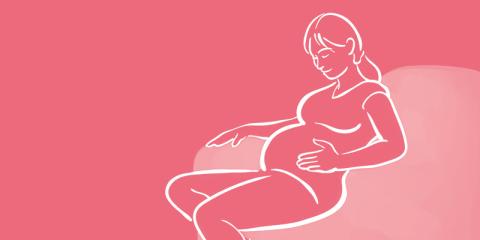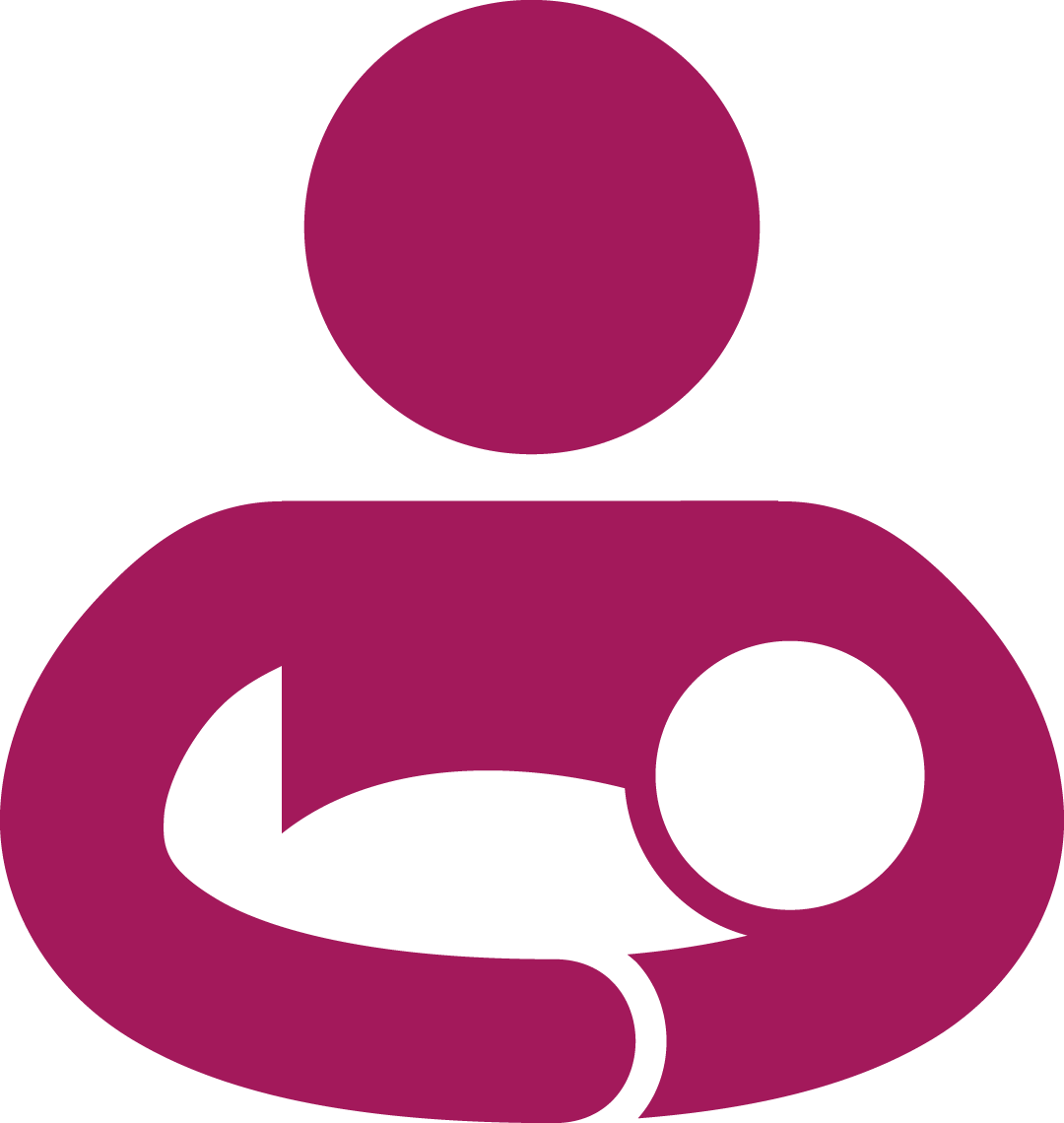Going to sleep on your side from 24 weeks onwards reduces your risk of stillbirth, with research showing it’s much safer for your baby. This includes sleeping at night, as well as any naps you might take during the day.
Why can’t I sleep on my back?
Your sleeping position from 24 weeks onwards is important because when you lie on your back, the combined weight of your baby and womb puts pressure on the blood supply to the womb. This affects the main blood vessels that supply the womb, which can restrict blood flow and oxygen to your baby.
What if I wake up on my back during the night?
Don’t worry if you wake up on your back, just roll over onto your side and go back to sleep.
Does it make a difference which side I sleep on?
It doesn’t make a difference which side you sleep on as long as it’s on your side.
Tips to help you sleep on your side
Tip #1: Use pillows to help you get comfy
You can try putting pillows down your side, or in between your legs to get into a position that is the most comfortable for you.
Tip #2: Tie your hair back
Try tying your hair into a bun if it’s long enough, as sleeping on it when on your back can be uncomfortable and could wake you up.
Tip #3: Roll back onto your side
It’s ok if you wake up on your back, just roll back onto your side and go back to sleep.
Tips to help your pregnant partner sleep on their side
Tip #1: Keep them comfy
Try putting pillows down their side to make them more comfortable.
Tip #2: Help your partner get back on their side
If you notice they’ve rolled onto their back during the night, try gently rolling them onto their side again.
Supporting you after a stillbirth
Stillbirth is one of the most devastating experiences any family can go through and it can take a long time to even begin to adjust to life after the death of a baby. However, you’re not alone and there are a wide range of support groups and health professionals that can help and support you during this very difficult time.
If you’ve experienced stillbirth, find out more about the help and support available to you. More information can also be found at Ready Steady Baby.
 Activities & Play
Activities & Play Behaviour
Behaviour Childcare
Childcare Development & Growing Up
Development & Growing Up Family, Friends & Relationships
Family, Friends & Relationships Feeding Your Baby
Feeding Your Baby Food & Eating
Food & Eating Health & Safety
Health & Safety Mental Health & Wellbeing
Mental Health & Wellbeing Money & Work
Money & Work Online Behaviour & Safety
Online Behaviour & Safety Pregnancy & First Days
Pregnancy & First Days School & Education
School & Education Sleep
Sleep









 Feeding Your Baby
Feeding Your Baby
 Sleep
Sleep